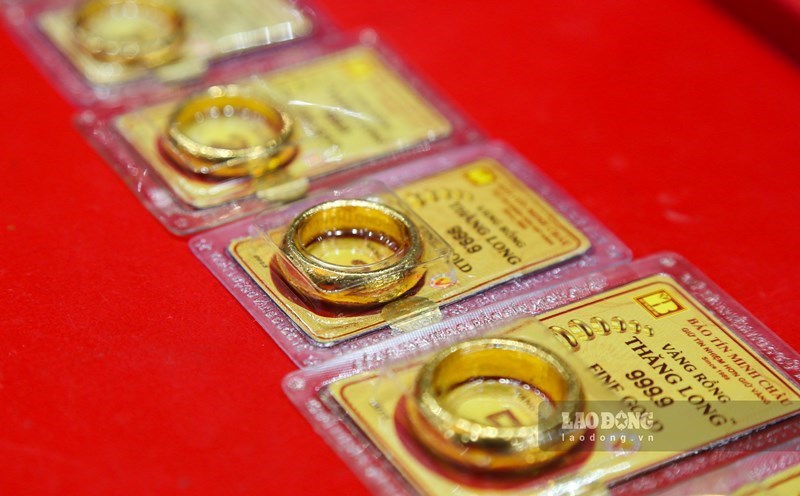The golden time frame for breakfast is around 6:30-8:30 am, when the biological clock and endocrine system work most strongly during the day.
The time of breakfast directly affects the "biological clock", the hormone coordination system, heart rate, blood pressure and energy metabolism.
When you eat breakfast around 6:30-830, the adrenal glands secrete cortisol and insulin at optimal levels, helping the body metabolize glucose and fat more effectively.
A study published in The American Journal of Clinical Nutrition showed that people who ate breakfast before 8am had a 10% higher basal metabolic rate (BMR) and more stable blood sugar levels throughout the morning than those who ate after 9:30am.
On the contrary, eating breakfast late causes the body to "miss" the golden time to burn energy, leading to visceral fat accumulation and blood sugar disorder after eating.
According to the National Institute on Aging (NIA, 2024), the right breakfast time helps activate the cell self-repair mechanism (autophagy), the process of removing damaged cells, playing a key role in preventing aging.
Eating breakfast 7-8 hours after a night's sleep helps disrupt the "biological fasting" cycle, restarting the synthesis of protein and ATP energy for cells.
According to The Lancet Public Health, eating breakfast after 9am is associated with a 21% increased risk of cardiovascular disease and a 18% increase in the risk of fatty liver disease. The reason is that when eating late, the body has entered a stage where the circadian rhythm slows down, insulin reacts poorly, causing blood sugar to increase for a long time.
Skipping or delaying breakfast causes the liver to mobilize its own glycogen stores, causing metabolic overload and increased liver fat.
A study at Kyoto University also found that people who ate breakfast before 8am had 0.9 mg/dL lower uric acid levels and more stable blood pressure than those who ate late, proving that eating breakfast early helps the circulatory and excretionary system work more stably.
Best breakfast times for each group of people:
Workers and civil servants: Should eat around 6:30-7:30 am, before starting work to maintain stable energy throughout the morning.
Elderly people: You should have a snack at 6:00 a.m. to 6:45 a.m., because the digestive system works more slowly, so avoid leaving your stomach hungry for a long time.
Morning exercisers: Eat a snack (banana, yogurt, oatmeal) 30 minutes before exercise and have a main breakfast within 30 minutes of exercise to supplement glycogen and protein.











